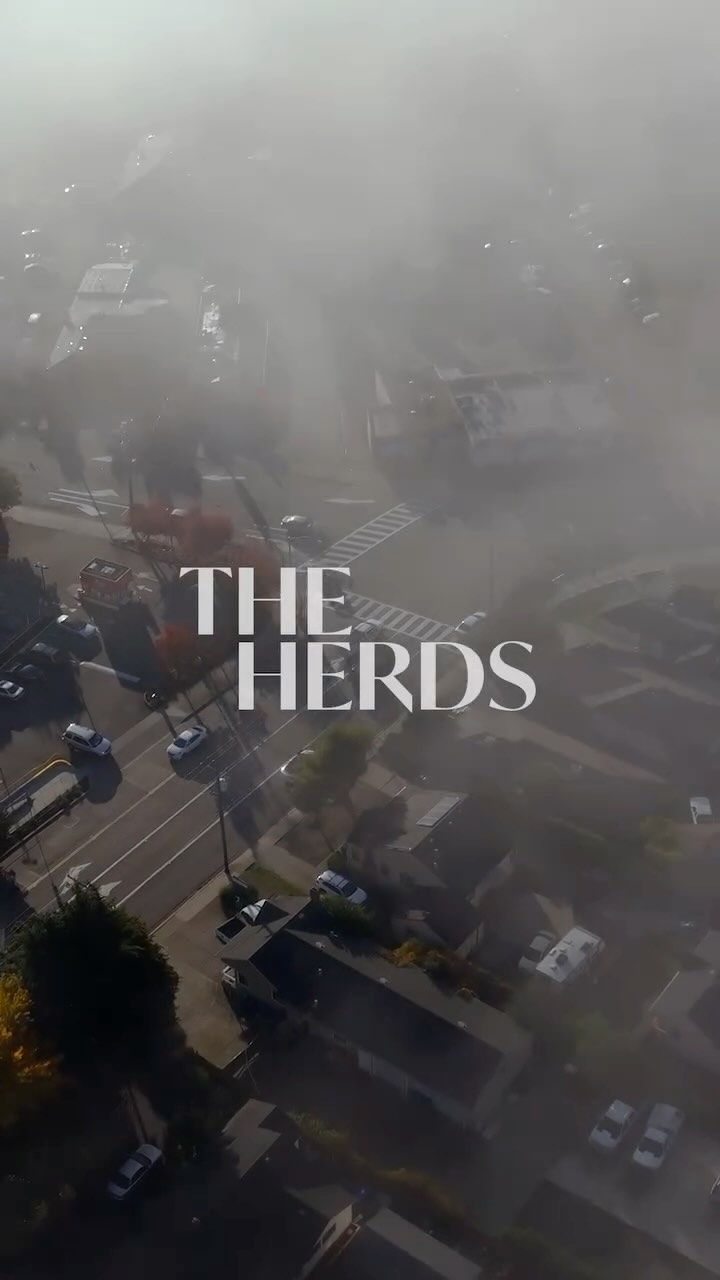- Understanding the impacts of the climate crisis on wildlife and ecosystems.
- The role of collective action in addressing environmental challenges.
- The significance of programs like THE HERDS in conservation efforts.
- The importance of public awareness and education in combating climate change.
- Strategies for fostering a harmonious relationship between humans and nature.
The climate crisis is manifesting itself in dramatic and alarming ways. Rising temperatures, unpredictable weather patterns, and extreme events are increasingly becoming the norm. These changes are not only affecting human societies but are also having profound impacts on wildlife and natural ecosystems. Understanding these changes is critical to developing strategies to mitigate their effects and protect the biodiversity that sustains life on earth.
Ecosystems are complex networks of interdependent organisms, each playing a crucial role in maintaining ecological balance. The rapid changes induced by climate change, such as shifts in temperature and precipitation, have severe consequences on these delicate systems. Species that cannot adapt quickly enough face the threat of extinction, disrupting food chains and leading to ecosystem collapse. For example, coral reefs, often referred to as the rainforests of the sea, are bleaching and dying at unprecedented rates due to rising sea temperatures. Similarly, deforestation and habitat destruction, driven partly by climate change, are pushing countless terrestrial species towards extinction.
As the climate crisis intensifies, the need for collective action becomes paramount. Individual efforts, while important, must be part of a larger coordinated approach involving governments, organizations, and communities worldwide. Addressing these environmental challenges requires the collective wisdom and cooperation of everyone involved. Policies and strategies must be developed at national and international levels to reduce greenhouse gas emissions, promote sustainable development, and protect endangered species and habitats. Collaborative efforts such as cross-border wildlife preservation treaties and international climate agreements are imperative.
Programs like THE HERDS, which bring the impacts of the climate crisis to the forefront, are crucial in fostering a sense of urgency and drive in global conservation efforts. THE HERDS serves as a beacon of awareness, drawing attention to the challenges faced by wildlife and ecosystems. By spotlighting these issues, THE HERDS encourages the public and policymakers to engage actively in conservation activities. Whether by supporting local wildlife sanctuaries or contributing to large-scale reforestation projects, every action counts towards building a sustainable future.
Education and public awareness are key components in the battle against climate change. By informing communities about the realities of the climate crisis, individuals can make informed choices that contribute to collective efforts. Educational campaigns like those promoted by THE HERDS emphasize the interconnectedness of humans and the natural world, highlighting the role each person plays in nurturing a healthy environment. Schools, media, and community programs can serve as powerful platforms to disseminate this vital knowledge.
Fostering a harmonious relationship between humans and nature is essential in combatting climate change and safeguarding biodiversity. This involves rethinking our interactions with the natural world, prioritizing conservation, and respecting the intrinsic value of all living organisms. Protecting nature not only benefits wildlife but also improves human well-being by preserving the ecosystem services that sustain us, such as clean air, water, and fertile soils. Encouraging sustainable practices in agriculture, reducing waste, and supporting renewable energy sources are some of the ways individuals and communities can contribute to these efforts.
In the face of the climate crisis, a paradigm shift towards sustainable living is necessary. By adopting a cooperative approach and supporting initiatives like THE HERDS, we can transform our relationship with the environment from one of exploitation to one of stewardship. Only through collective action can we hope to create a resilient future where both people and nature thrive in harmony.
*****
Source Description
As the climate crisis intensifies, we need to come together more than ever. Because people and nature are feeling the impacts directly.
Our wild world feels the alarm bells – and we’re bringing it to the forefront with THE HERDS.
This is just the beginning. We’re shining a light on the realities of the climate crisis.
What will we do? Join THE HERDS journey to find out.


